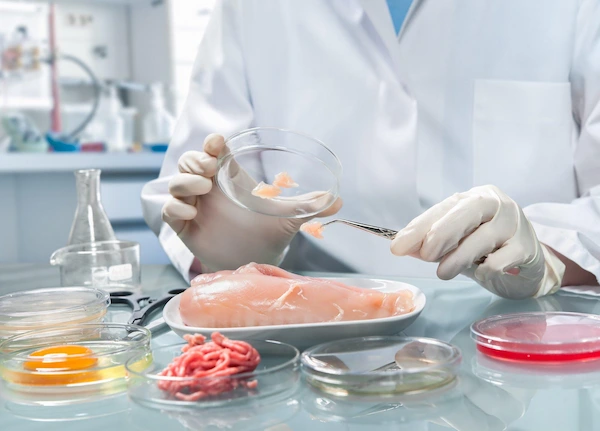The Food and Drug Administration (FDA) is the United States Department of Health and Human Services federal agency. It is responsible for protecting public health by ensuring safety.
The FDA’s role is crucial in maintaining the highest food safety standards. This helps protect consumers and promote public health.
This article will explore the FDA’s commitment to ensuring food safety and how it impacts our daily lives.
Regulating the Production
One of the primary responsibilities of the Food and Drug Administration is to regulate production. This includes overseeing food facilities like farms, processing plants, and packaging facilities.
The FDA sets guidelines and regulations for these facilities. This ensures that they follow proper sanitation practices. It helps maintain safe storage and transportation temperatures.
This level of oversight helps prevent foodborne illness outbreaks and ensures that our food is safe.
Inspections and Enforcement Actions
The Food and Drug Administration also conducts routine inspections of food facilities to ensure compliance. These inspections can be scheduled or unannounced. It involves observing operations, reviewing records, and collecting samples for testing.
If a facility is found to violate regulations, it can take enforcement actions. This can include issuing warning letters and initiating product recalls. They can even pursue legal action. Be sure to follow and learn about FTC representation to avoid litigation.
Monitoring for Contaminants and Adulterants
The FDA also monitors food products for contaminants and pollutants. This may harm public health. These can include bacteria such as E.coli and Salmonella. It can also include chemical pollutants and toxins.
The agency sets limits for these contaminants in food products. They regularly test samples to ensure compliance. If a product is found to exceed these limits, the FDA can take action to remove it.
Collaborating with Other Agencies
Food safety is not solely the responsibility of the FDA. The agency works with other federal and state agencies. This includes the United States Department of Agriculture (USDA). It ensures a comprehensive approach to food safety.
The FDA also collaborates with international organizations and regulatory agencies. This helps monitor and address any potential risks associated with imported food products.
Consumer Education and Resources
The FDA is committed to educating consumers about food safety. The agency provides resources and information on safe food handling. They educate proper storage and preparation. This helps prevent foodborne illnesses.
Consumers can also report any suspected issues with food products to the FDA. This is through their MedWatch program. It helps the agency stay aware of potential risks and take action when necessary.
Read Also: From Chipped To Chic: Amazing Tooth Bonding Before And After Transformations
Continuous Improvement and Adaptability
The FDA adapts to new challenges and technologies. It helps to maintain the highest food safety standards. This includes staying current on emerging food safety issues. They are conducting research and updating regulations.
The agency also conducts risk assessments. It evaluates potential risks associated with new foods or production methods.
Quality Control and Standards
The FDA also has a role in ensuring that products are of high quality. It must meet specific standards. This includes setting guidelines for product ingredients, packaging, and labeling.
The FDA also oversees the use of health claims on food products. This ensures they are backed by scientific evidence and not misleading consumers.
Evaluating the Role of the Food and Drug Administration
Food and Drug Administration ensures food safety for public health. The FDA ensures the highest standards of food safety are upheld. It serves as a vigilant guardian. They protect consumers from potential hazards. Its role is to protect the health of every American citizen.
Looking for more tips and ideas? We’ve got you covered. Check out some of our other posts now.







